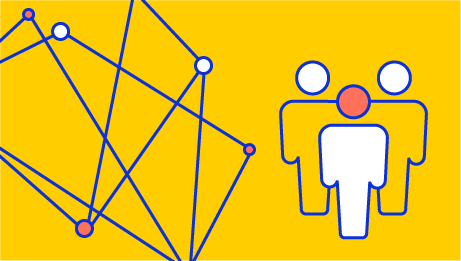

Welcome to this course which will provide you with a general introduction to Open Science practices, also know as Open Research. You will find out how these are connected to FAIR data practices and access control to data. We recommend you complete this course before starting the course on Sensitive Data in the Humanities and Social Sciences. A link to which can be found in the supporting resources section.
Open Science practices focus on collaboration and contribution of other researchers. The benefits of Open Science, and how EOSC facilitates Open Science are discussed. The concept of FAIR data is introduced and we show how sensitive data can still be shared in the research process under the assumption of “as open as possible, as closed as necessary”. Content in this course is also applicable to other research disciplines and for a general understanding of the concepts that are presented.